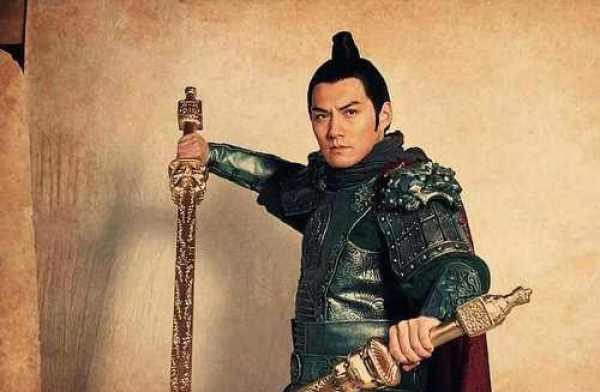Qin Qiong (秦 Qiong), courtesy name Shubao, was a native of Licheng, Qi prefecture (present-day Jinan, Shandong), and a famous general of the late Sui and early Tang dynasties. Originally a Sui general, he successively served under Lai Hu'er, Zhang Sutuo, and Pei Renji, and was famous for his bravery and martial prowess. Later, he followed Pei Renji to Li Mi, the leader of the Wagang Army, and after the defeat of Wagang, he turned to Wang Shichong, and because he saw that Wang Shichong was treacherous, he defected to Li Tang with Cheng Yaojin and others.

After surrendering to the Tang Dynasty, he accompanied Li Shimin on his southern expedition to the north, and was a brave general who could take the first rank of the enemy general in the Wanma Army, but he was also wounded because of it. After the unification of Tang, Qin Qiong was plagued by illness for a long time and died in the twelfth year of Zhenguan (638). Before his death, he was posthumously awarded the title of Duke of Xuzhou and Duke of Huguo, known as "Zhuang". In the seventeenth year of Zhenguan, he was listed as one of the twenty-four meritorious servants of Ling Yan Pavilion.
According to legend, Qin Qiong was the best at using the Wutong Double Hammer, which was also his most powerful weapon, striking three states and six capitals, stepping on both sides of the Yellow River, and half of the sky in the east of Weizhen. The hammer is a short weapon held in the hand, without a blade, with edges, without knots, without tips at the ends, the body is prismatic, the four sides are concave inwards, and the handle is about four feet long, so it is called "four-sided gold hammer" or "concave face hammer". There is also a weapon called the iron ruler, which is shaped like a hammer, not inverted on all sides, thick and thin, for the service of fast hunting, easy to carry, can be hidden in the waist.
And here is an allusion, that is, "killer skill", originally written as a "skill", often appeared in ancient novels. It is said that because Qin Qiong made the double hammer and often unexpectedly threw out his hand to attack the enemy, so the "throwing hand" was to point out his unintentional trick, but now the use of "killer skill" is similar, which is more inclined to the lethal caretaker.
According to legend, each of Qin Qiong's hammers weighed sixty-five kilograms, and the two together weighed 130 kilograms. One pound in ancient times is equivalent to one pound six two now, so there is a total weight of 208 pounds. This also makes Qin Qiong's character image more tall and mighty, and its power is infinite. But is Qin Qiong really so powerful? Such strength is really rare. Recently, a physics professor at a university spoke up and made precise calculations of Qin Gongshubao's double copper hammer. According to the standard conversion of the Tang Dynasty and the current measurement, in fact, it is only a dozen pounds, which is not worth mentioning at all, and ordinary people can take it.